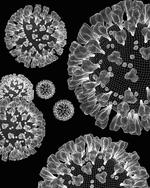Intro
I am Associate Professor at Erasmus University Rotterdam and the Executive Director of ODISSEI, the Dutch National Infrastructure for Social Science, where I am responsible for the strategic development of the infrastructure and international collaborations. I am the Social Science Lead for the Pandemic and Disaster Preparedeness Center and, for 2025-26, I am co-Director of the IPDLN. I’m deeply passionate about improving social science data and the infrastructure that is needed for its collection, processing and dissemination. I believe that the social sciences can help us understand and improve society, but to do so we must improve and diversify the data we use in social research. Because of this, I am a strong advocate of open science and the FAIR principles.
I’m always keen to discuss my work and engage in new collaborations.
Download my CV.
- Research Infrastructure
- Computational Social Science
- Intergenerational Relations
- Data Driven Policy
- Open Science
- FAIR Implementation
-
MBA in Research Infrastructure Management, 2019
University Milano-Bicocca
-
PhD in Social Policy, 2014
University of Edinburgh
-
MSc in Social Policy Analysis, 2010
KU Leuven
-
MA in Comparative Politics, 2008
University of Essex
Recent work
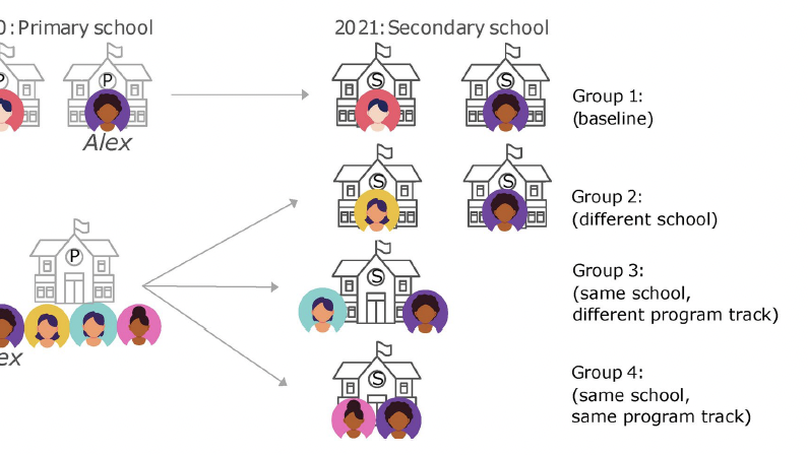
In this paper we use the population scale network to estimate the risk of coinfection during COVID. The analysis combines data on COVID tests, school registration data, and detailed family and coresidential data to understand whether the opening of schools led to increases in co-infections.
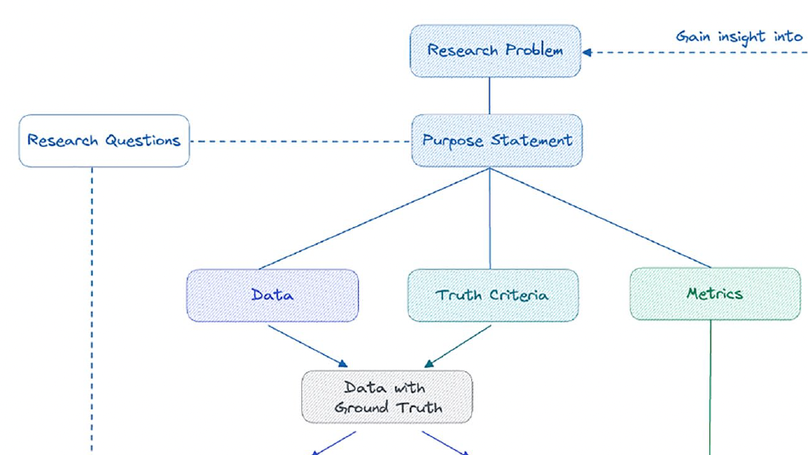
This paper discusses the use of benchmarks in the social sciences and provides practical advice on how to go about constructing, developing, and deploying them.

In this paper we used the GGP Push to Web pilot to examine the mode effects on break off rates in online surveys. This is a big concern for surveys who are moving online but have a long survey that they need to field.
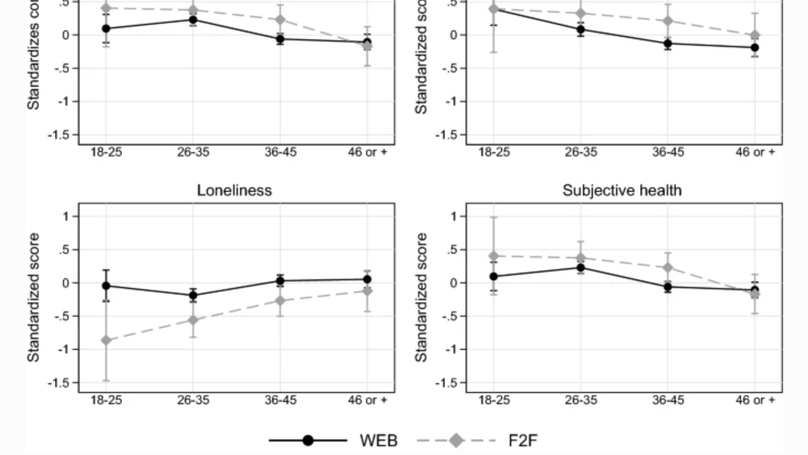
In this paper we use data from the GGP Push to Web experiment to determine whether mode effects can be observed in the association between life satisfaction measures and various objective and subjective socio-economic indicators. Mode effects on point estimates are commonly observed but less is known about mode effects in associations. The results suggest that there is little observable mode effect in the association between variables.
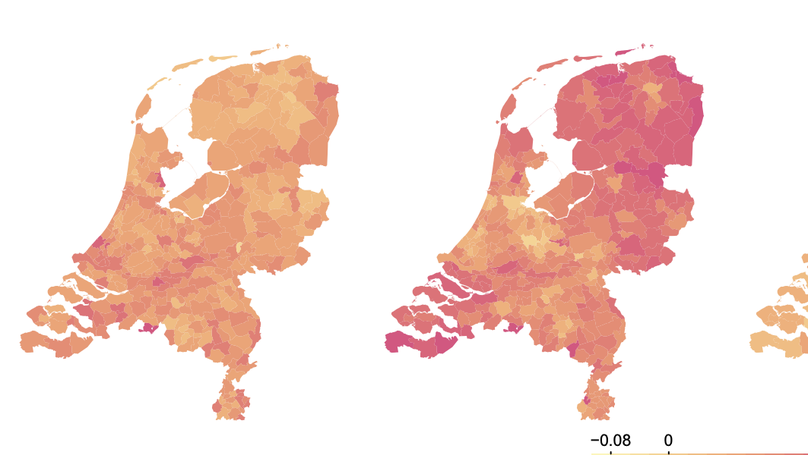
In this paper we set out a new and innovative way of analyzing large scale administrative data through network analysis. We construct a network of the 17 million residents of the Netherlands and link together with their family, colleagues, neighbours and classmates resulting in 1.4 billion links that reveal underlying, structural networks that form the basis of societal interactions.

Using data from before and during the pandemic, we show that people are postponing their plans to have children and control over family planning has been affected by access to contraception.
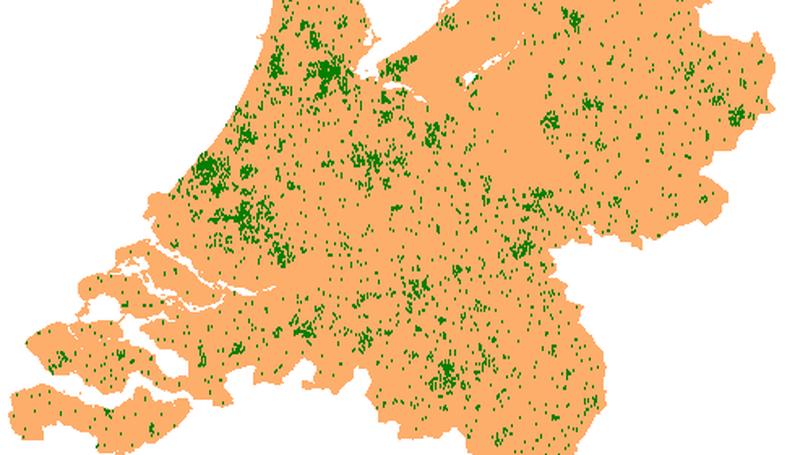
I used geocoded data of respondents to estimate whether the proximity to childcare facilities effected mothers working hours and how this changed over time. The results showed that proximity matters suggesting the density of childcare provision was important in structuring individuals employment choices.
Projects
Experience
Responsibilities include:
- Fieldwork Coordination
- Strategic Development
- Grant Writing
- Project Management
Consultancy & Advisory Work
Advisory Board Chair
Advisory Board Member
Advisory Board Member
Advisory Board Member
Panel Member
Statistical Consultant
Grants
Selected Publications
Contact
- tom@odissei-data.nl
- +31 6 444 14 900
- Burg. Oudlaan 50, Rotterdam, Zuid Holland 3062 PA
- Book an appointment
- DM Me
- Skype Me


